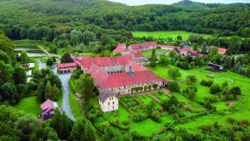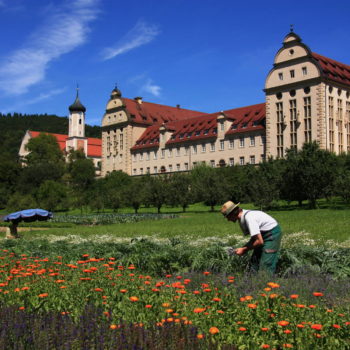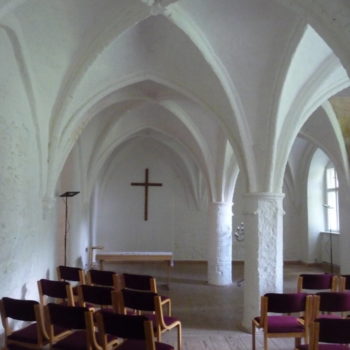Economy
 How self-reliance spurs innovation
How self-reliance spurs innovation
Since their foundation, monasteries are more or less self-reliant economic enterprises. Already the Benedictine Rule stipulated that, as far as possible, all workshops and facilities for daily needs should be located within the monastery walls, so that the monks do not have to wander around “in the world” unnecessarily. The community allows the pooling of forces and the meaningful use of different talents for the benefit of all. At the same time, there were and are differentiated relationships with the “outside world”, commercial relationships, e.g. through the sale of products or even services.
Today, too, self-reliance is an important issue for monasteries, even if it is organised quite differently than it was centuries ago. It is still vital that monks should earn their living through their own work. At the same time, in every age, the question is which economic duties the community can bear and how these fit in with the main task of worship and pastoral care. Then as now, this can turn out to be a balancing act, also and above all in critical dialogue with “the world”, because monastic economy is always part of the overall economic reality and cannot disconnect itself from it. That is why monasteries can be suitable places of discussion for current questions about the meaning and purpose of economy and work. Monasteries, representing an alternative way of life, can be approached for alternative, humane and wholesome economic concepts.






